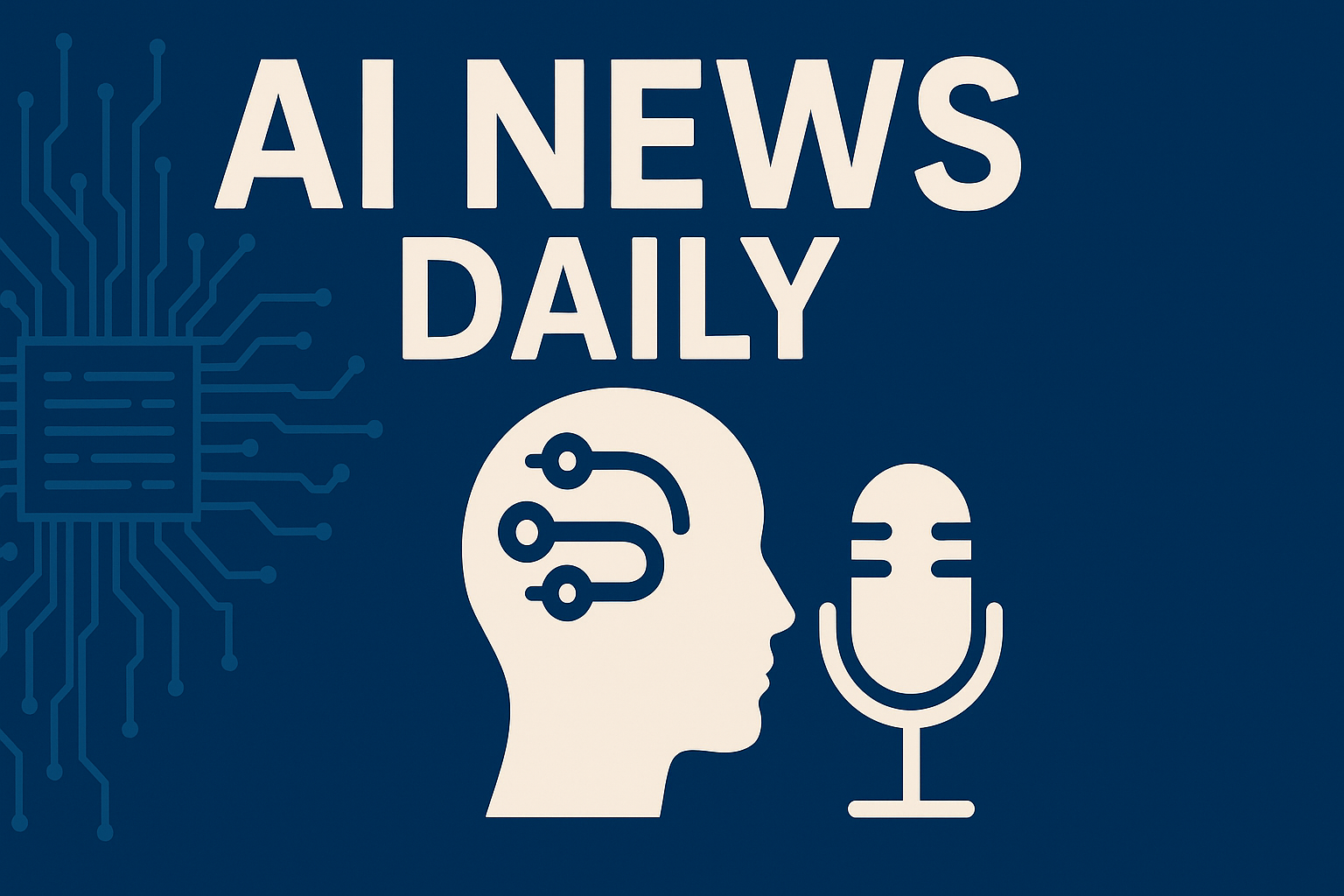Title: AI Roundup: Apple–Google Siri Talks, Meta–Midjourney Deal, Google’s Veo 3 Free Weekend, and More
Content: Apple is in advanced talks with Google to integrate Gemini into future versions of Siri, a move aimed at rapidly upgrading the iPhone assistant’s generative AI capabilities after internal delays. A formal announcement could come as early as September, with rollout timelines varying across reports—from as soon as next year to 2026. Apple is emphasizing privacy by processing data on its own servers.
Meta has struck a licensing deal with Midjourney to bring advanced image and video generation to Facebook, Instagram, and WhatsApp, and separately secured a $10 billion cloud agreement with Google. The combined moves aim to raise creative quality, engagement, and monetization across Meta’s platforms and intensify competition with OpenAI and Google.
Google is opening its Veo 3 video-generation model to all users for a limited free trial inside the Gemini app through this weekend (until August 24). Free users can generate up to three cinematic, 720p videos with sound before access returns to paid tiers. In sustainability news, Google reported a 33-fold reduction in AI query energy use over the past year; each Gemini query now consumes roughly the electricity of nine seconds of TV time, with low associated CO2 and disclosed water use—figures that come amid growing scrutiny of AI’s environmental impact.
Researchers from Microsoft, Nvidia, and OpenAI warned that training increasingly large AI models could strain or destabilize power grids, urging industry and policymakers to develop standards and energy-management tools to keep AI growth compatible with grid reliability.
OpenAI announced its first office in New Delhi and plans to ramp hiring as India becomes ChatGPT’s second-largest market by users and a key developer hub. ChatGPT is also delivering more real-time answers via Google Search; separate reporting says OpenAI has sourced Google search data through third-party scraping services despite restrictions, highlighting intensifying competition over AI-powered information retrieval.
Databricks is acquiring Sequoia-backed Tecton to accelerate enterprise AI and machine learning, promising smarter models and faster, more streamlined development for business customers. Salesforce launched Agentforce for Public Sector, enabling government agencies to deploy AI agents for citizen services and administrative tasks to improve service speed and address staffing gaps. Microsoft is testing Copilot’s natural-language file search in Windows 11 for Insiders on Copilot+ PCs, signaling a push toward more conversational on-device search.
OpenAI is seeking more than $9.8 million in legal fees after winning a trademark case against Open Artificial Intelligence Inc., underscoring the high stakes around brand protection in AI. Researchers at The University of Hong Kong released OpenCUA, an open-source framework for building privacy-focused computer-use agents as an alternative to proprietary offerings from OpenAI and Anthropic.
Governments and society continue to test AI’s boundaries: Pakistan’s Federal Investigation Agency deployed an AI app at Islamabad International Airport to combat human trafficking, while an AI chatbot mimicking late Bollywood actor Sushant Singh Rajput drew criticism from family members, reigniting debates about consent and digital resurrection. Meanwhile, “vibe coding”—using natural language to build software without traditional code—is gaining traction, though experts warn that oversight and business acumen remain critical.
In health tech, Lund-based TrackPaw Scientific raised €2.3 million to develop AI monitoring tools intended to improve preclinical research reliability and animal welfare. And in services, a new AI-driven app launched to streamline global immigration, offering real-time guidance, personalized support, and compliance tools to simplify complex applications.
